FORMALISM
”THE LANGUAGE OF PARADOX” BY CLEANTH BROOKS
Cleanth Brooks’s essay “The Language of Paradox” delves into the use of paradox as a literary device and its significance in poetry. Paradox, defined as a statement that appears self-contradictory but reveals a deeper truth, is a tool that poets use to challenge readers’ perceptions and provoke deeper thought.
Key points from Brooks’s essay include:
1. Definition of Paradox: Brooks explains that paradox is not merely a logical puzzle but a way to express complex ideas and emotions that cannot be easily articulated through straightforward language.
2. Function of Paradox: Paradox serves to create tension and ambiguity in poetry, forcing readers to engage with the text on a deeper level and consider multiple interpretations.
3. Examples of Paradox: Brooks analyses various poems to illustrate how paradox is used effectively by poets to convey profound truths and evoke strong emotional responses from readers.
4. Importance of Paradox: According to Brooks, paradox adds richness and depth to poetry, allowing poets to explore complex themes and ideas in a way that challenges conventional thinking.
Overall, Brooks’s exploration of paradox in poetry sheds light on the power of language to convey deeper truths through seemingly contradictory statements, inviting readers to embrace the complexities of human experience and interpretation.
POST-STRUCTURALISM
”STRUCTURE, SIGN, AND PLAY IN THE DISCOURSE OF THE HUMAN SCIENCES” BY JACQUES DERRIDA
Jacques Derrida’s essay “Structure, Sign, and Play in the Discourse of Human Sciences” is a seminal work in post-structuralist philosophy that challenges traditional notions of language, meaning and knowledge. In this essay, Derrida deconstructs the idea of structure and argues that meaning is not fixed but is constantly deferred and deferred.
Key points from Derrida’s essay include:
1. Derrida critiques the idea of structure as a stable framework that organises meaning. He argues that structures are not fixed but are always in a state of flux.
2. He introduces the concept of “play” as a way to understand how meaning is produced through a system of differences and deferrals. Meaning is not inherent in a sign but is created through a process of differentiation.
3. Derrida challenges the notion of presence and absence, arguing that meaning is always deferred and never fully present. This idea of absence is central to his concept of deconstruction.
4. He discusses the relationship between language and reality, suggesting that language does not simply reflect reality but actively constructs it. This challenges the idea of a fixed correspondence between words and things.
Overall, Derrida’s essay “Structure, Sign, and Play in the Discourse of Human Sciences” is a complex and challenging work that has had a profound influence on literary theory, philosophy, and cultural studies. By deconstructing traditional notions of structure and meaning, Derrida opens up new possibilities for understanding language, knowledge, and the nature of reality.
MARXISM
PREFACE TO ”THE POLITICAL UNCONSCIOUS” BY FREDRIC JAMESON
In the preface to “The Political Unconscious” by Fredric Jameson, the author sets the stage for a critical exploration of the intersection between literature, culture and politics. Jameson delves into the complexities of interpreting texts through a political lens, emphasising the importance of understanding the underlying ideologies and power structures that shape narratives.
Key points discussed in the preface include:
1. The role of ideology in shaping cultural production and consumption.
2. The concept of the political unconscious as a way to uncover hidden meanings and contradictions within texts.
3. The relationship between literature, history, and society, and how they influence each other.
4. The need for a dialectical approach to analysing texts, which considers both their form and content in relation to broader social contexts.
Jameson’s preface serves as a theoretical foundation for the book, outlining the framework through which he will analyze various literary works and cultural artifacts. By emphasising the political dimensions of culture, Jameson invites readers to think critically about the ways in which art and literature reflect and perpetuate social hierarchies and power dynamics.
NEW HISTORICISM
”WHAT IS AN AUTHOR” BY MICHEL FOUCAULT
Michel Foucault, a prominent French philosopher and social theorist, delves into the complex concept of authorship in his seminal essay “What is an Author”. Published in 1969, this work challenges traditional notions of authorship and explores the implications of authorial identity in the realm of literature and discourse.
Foucault argues that the traditional understanding of an author as a singular, autonomous creator of a text is limiting and fails to capture the intricate dynamics at play in the production of meaning. He posits that the focus on the author as the origin of a text leads to a form of literary analysis that prioritises the author’s intentions and biography over the text itself.
Instead, Foucault suggests that the concept of authorship is a product of a specific historical and cultural context, shaped by power dynamics and systems of knowledge. He introduces the idea of the “author function”, which refers to the role that society assigns to an individual as an author and the ways in which this attribution influences the interpretation of their work.
By shifting the focus from the author to the text and the discursive practices that surround it, Foucault challenges readers to consider how meaning is constructed and circulated in society. He highlights the role of institutions, such as academia and publishing, in shaping our understanding of authorship and influencing which voices are privileged in the literary canon.
In conclusion, “What is an Author” by Michel Foucault invites readers to critically examine the concept of authorship and to question the traditional assumptions that underpin our understanding of literary texts. By decentering the author and emphasising the multiplicity of voices and influences that contribute to the production of meaning, Foucault opens up new possibilities for interpreting and engaging with literature.

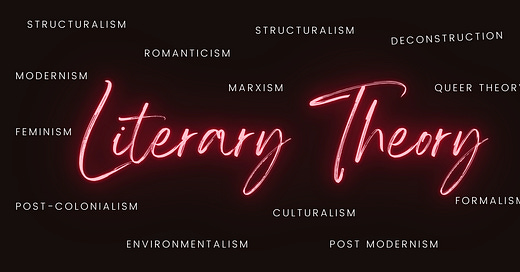


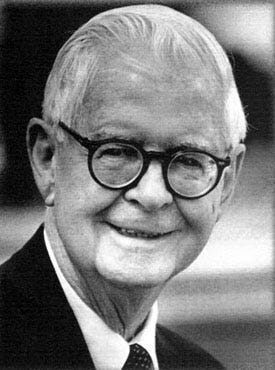
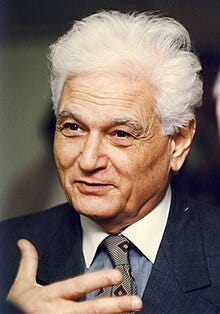
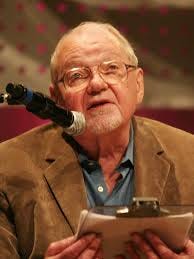
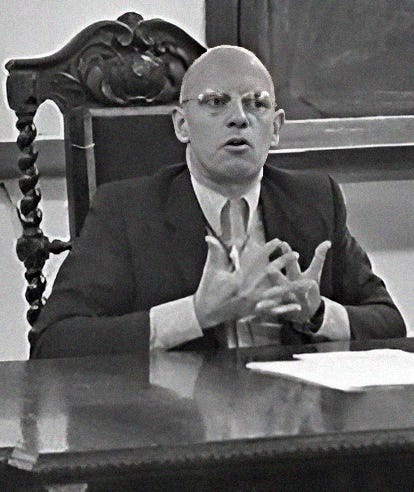
As always you put your works in simple yet with clarity of explaining various aspects as a good teacher does. I wonder if keeping ideas in box in the complexity of human mindset at one level with rigidity in the sticking one set of ideas without using the wisdom (that supposed to come from learning/education) do all these theories matter?